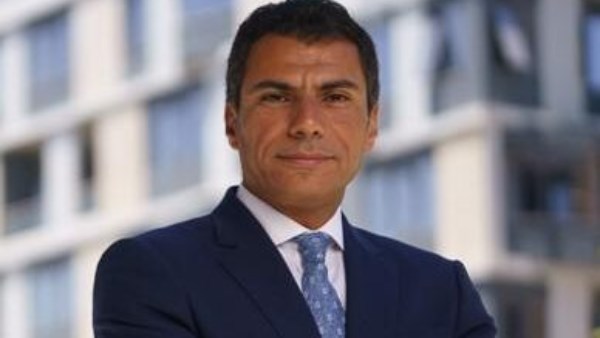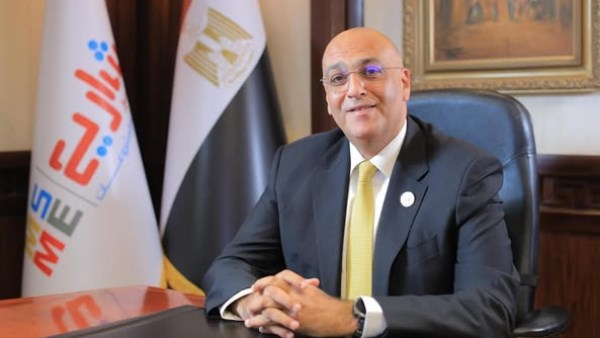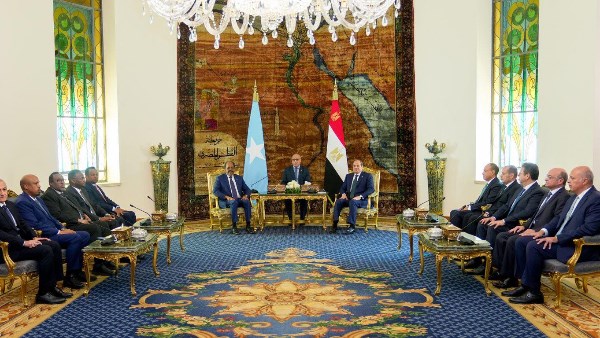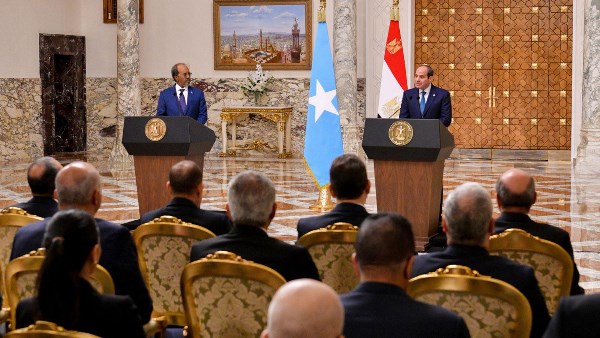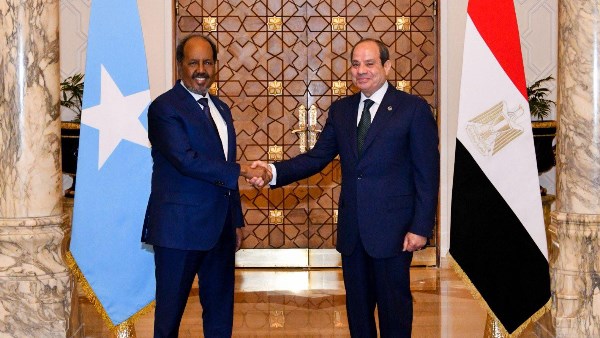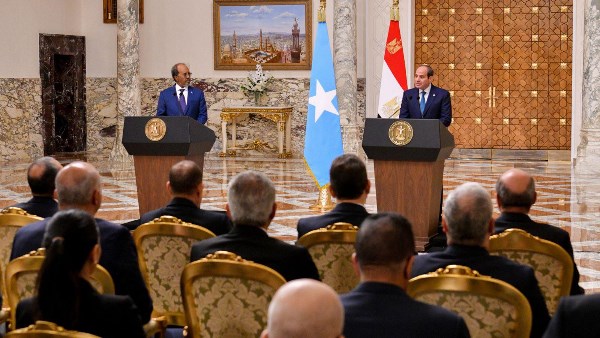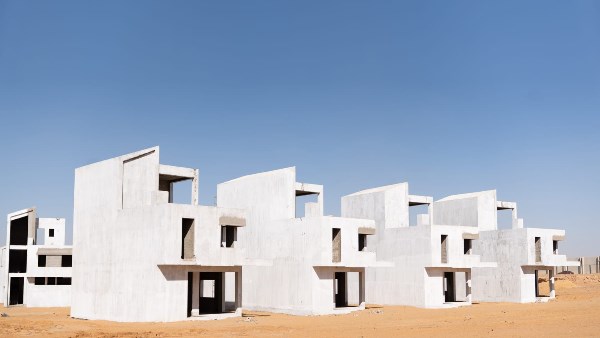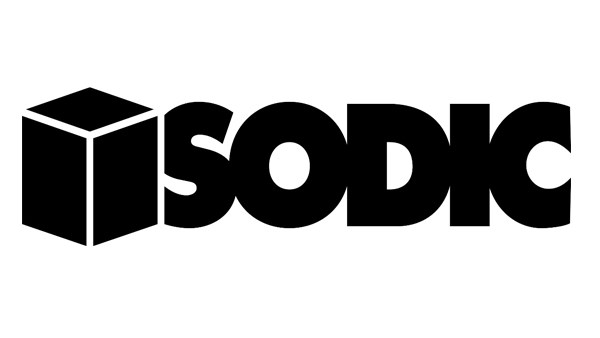
Pressure is mounting on Europe to step up defense outlays
EU Leaders See NATO Defense Spending Goal Rising From 2%

Greek Prime Minister Kyriakos Mitsotakis said the guideline for NATO countries to spend at least 2% of their economic output on defense is “probably history.”
“We know that we will have to spend more than 2%,” Mitsotakis told reporters at a meeting in Finland’s far north on Sunday. The mini-summit, convened by Finnish Prime Minister Petteri Orpo, also included Italian Prime Minister Giorgia Meloni, Swedish Prime Minister Ulf Kristersson and European Union foreign policy chief Kaja Kallas.
Leaders were asked about a Financial Times report on Friday that Donald Trump’s staff told European officials the US president-elect wants to increase the North Atlantic Treaty Organization’s spending limit to 5%. They refused to be drawn on exact amounts.
“Let’s not put a figure on it,” the Greek premier said. His comments were echoed by his Swedish peer, who said: “There’s a lot of rumors going on.”
Stepping up defense outlays
Pressure is mounting on Europe to step up defense outlays as Russia’s war in Ukraine rages for a third year and as Trump prepares to assume power on Jan. 20. The president-elect has spoken forcefully about European allies needing to comply with NATO’s defense pledge. Twenty-three of the group’s 32 members are set to do so this year.
“Fair burden-sharing should be at the center of every alliance,” Mitsotakis said. “It will become clear once we interact with the new president what is the figure that we will agree on in NATO.”
Italy’s Meloni urged patience.
“I would wait to understand exactly what is the real will of the new president of the US,” she said. “On NATO, we all know and understand that we have to do more. A lot of what we can do is up to the tools that we are able to put on the table.”
The purpose of the Finnish gathering was to foster freer dialog on common security challenges facing the two northern and two southern European countries, including “instrumentalized” migration, Orpo said. The five leaders lauded open discussions and rejected a north-south divide in the EU as a relic of the past, saying the economic divergence that once underpinned the split no longer exists.
Finland’s 1,300-kilometer (800-mile) border with Russia has remained closed for more than a year, with officials in Helsinki wary of a potential push of immigrants by Kremlin across the demarcation if checkpoints were reopened. Meanwhile, nations on the EU’s southern flank are contending with a continual flow of migrants from Africa and the Middle East.
“We need to sit down together — we need to understand each other better,” Orpo said. “Geographically, we are on the front lines in different ways.”





-1120252475029447.jpg)



